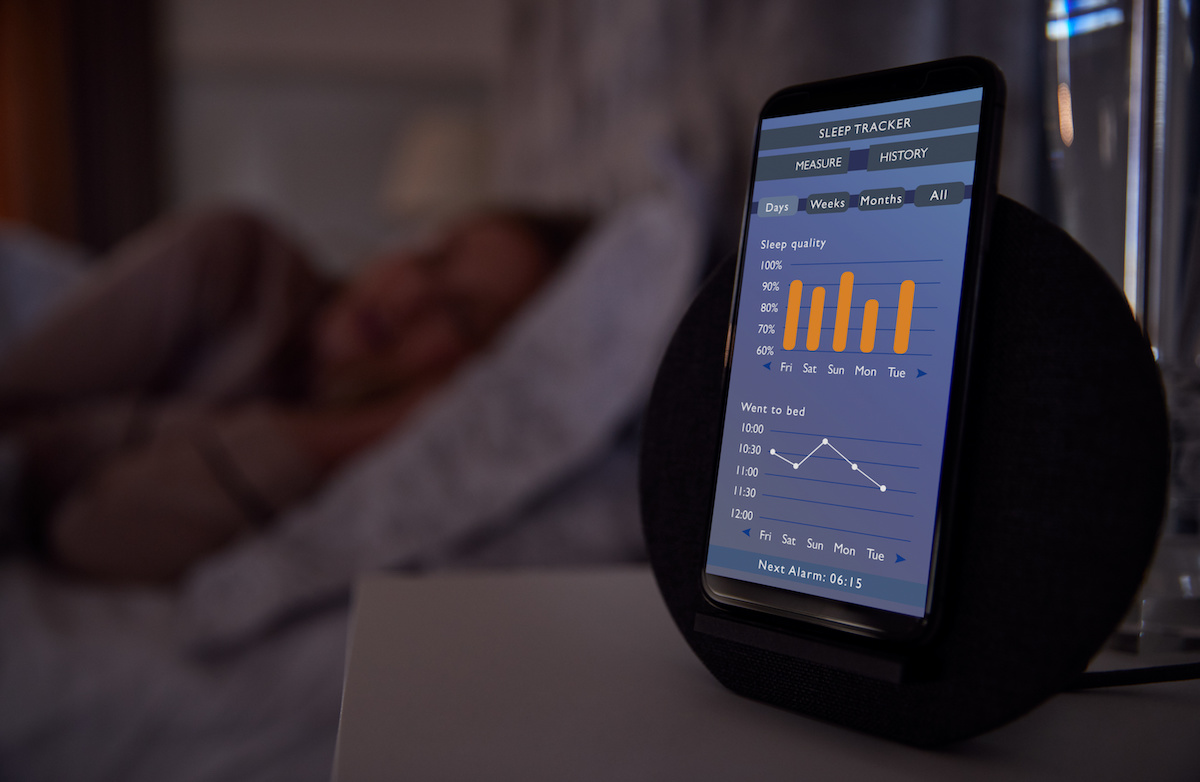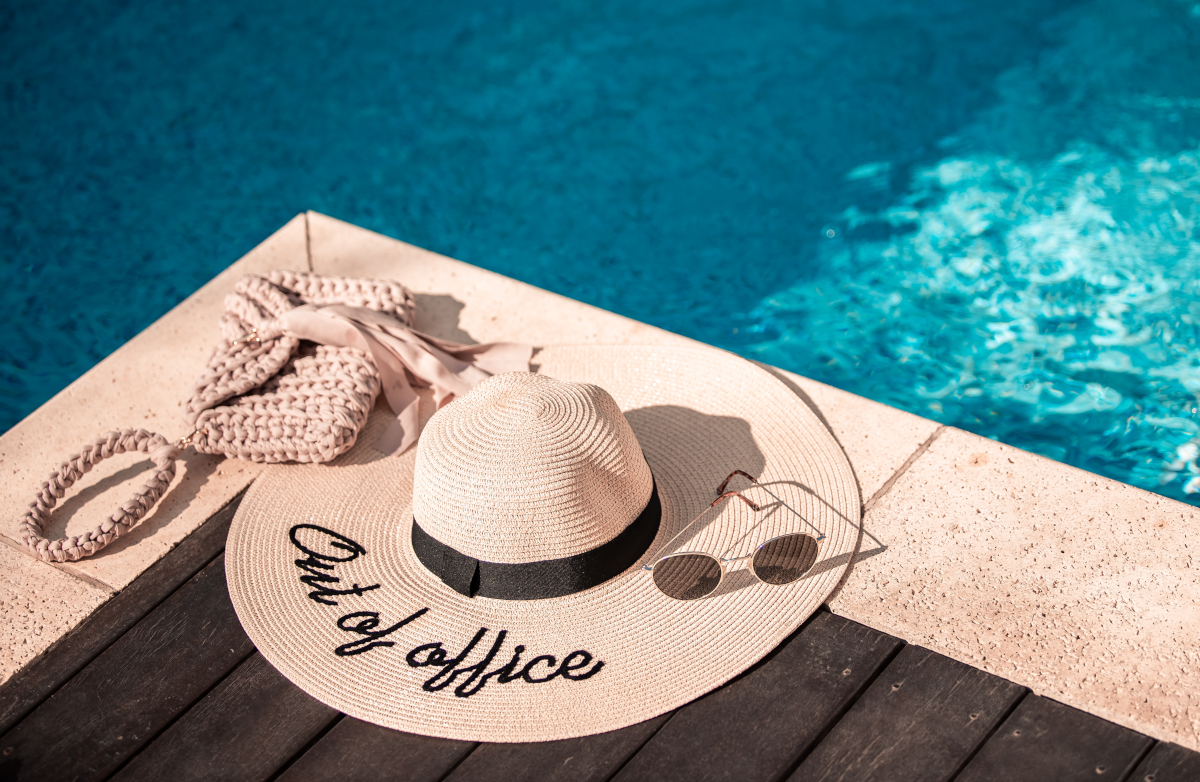
For most of us, being helpful and agreeable is instinctual. We want to make others happy and make their lives easier. That’s why it’s easy to take on too many commitments and obligations, while our own passions, interests, and self-care take a back seat.
Taking time for yourself is not selfish—it’s essential for your health, well-being, and productivity. Protecting your time allows you to recharge, focus on your goals, and be fully present for others when it matters most.
Recognize “You Time” as Essential
View personal time as a necessary part of a healthy lifestyle. Remind yourself that taking time for yourself is a valid and important choice. Whether it’s a few minutes of quiet reflection, reading a book, meditating, or practicing yoga, making space for yourself strengthens your physical and mental health.
Schedule Personal Time
Treat your personal time like an appointment—something non-negotiable in your calendar. Whether it’s exercise, mindfulness, or simply relaxing, putting it on your schedule helps make it a consistent habit. Regularly setting aside time for yourself reinforces that your needs are important.
Set and Maintain Boundaries
Clear boundaries protect your energy and ensure your time with others is high-quality and meaningful. When you know your limits, you can engage more fully in relationships, work, and daily activities without feeling depleted.
Evaluate Requests Before Saying Yes
Before agreeing to additional commitments, consider the cost. Ask yourself what you might have to sacrifice and whether the benefit outweighs the impact on your priorities or happiness. Politely declining when necessary protects your time and reduces stress.
Create “Universal Nos”
Identify activities or requests that consistently drain your energy. For example, if your lunch hour is crucial for recharging, make a rule not to work through it. If certain social interactions leave you feeling judged or stressed, choose to avoid them. Having a set of personal “nos” simplifies decision-making and protects your well-being.
Communicate Your Preferences
Be clear about your communication needs. Whether you prefer email over text or cannot take calls at certain times, letting others know your boundaries ensures that your time is respected.
Prioritize Your Values and Goals
Identify your core values and personal missions, and make a conscious decision to prioritize them over other obligations. Share these priorities with family and close friends so they understand your commitments and support your choices.
Your time is one of your most valuable resources. By protecting it, setting boundaries, and prioritizing what truly matters, you can live with intention, maintain balance, and create space for health, happiness, and fulfillment.













